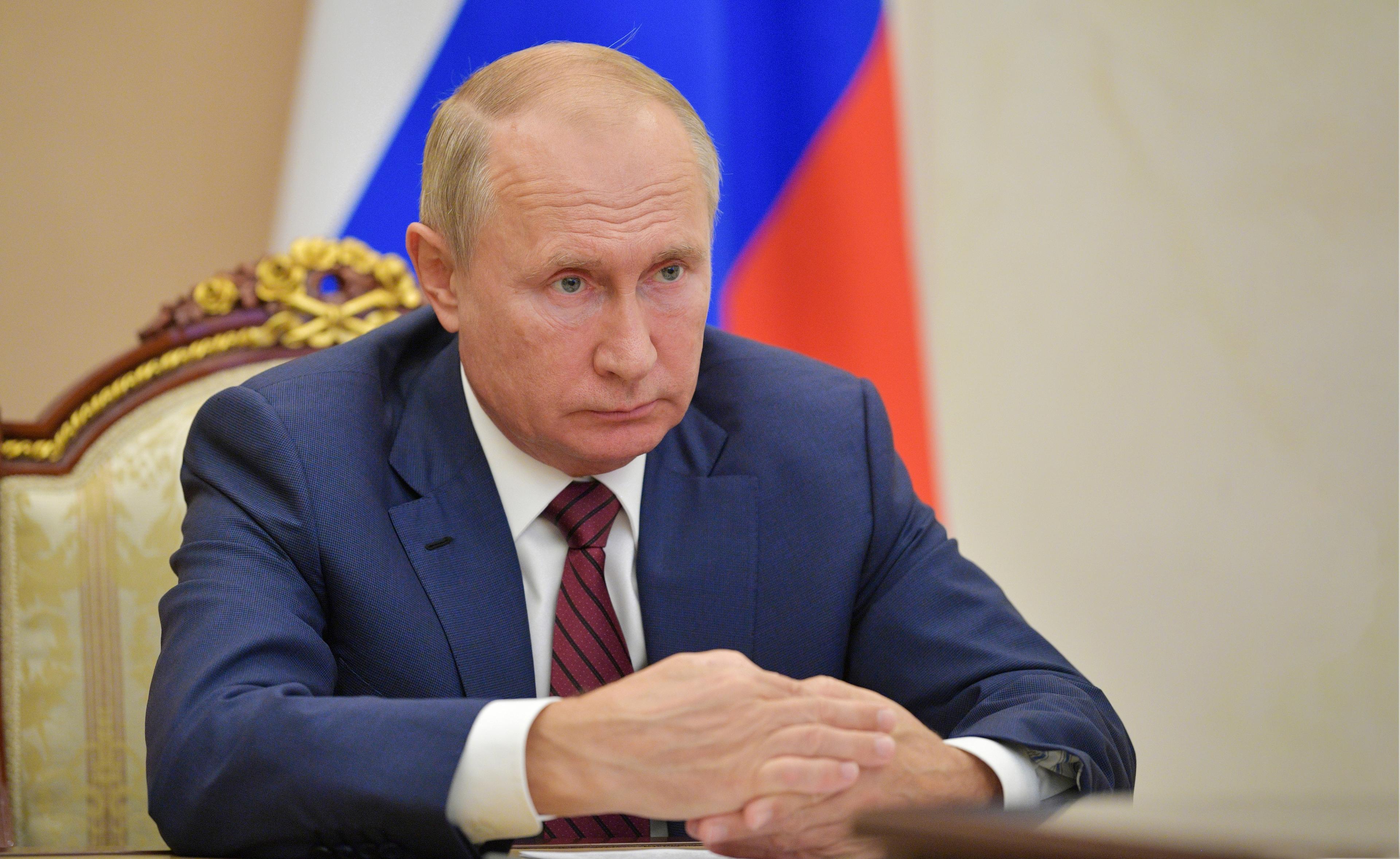Russian Connections, Hamas
Putin hosting Hamas and Hezbollah representatives during war
Putin's connection to terrorist organisations causes tensions in its relationship to Israel, amid attempts to keep a "neutral, unbiased relationship."

The Kremlin has cast yet another shadow over its relationship with Israel amid claims Putin is hosting both Hamas and Hezbollah representatives.
"Moscow will support Hezbollah in the event of a war in Lebanon," an open statement made by a Russian diplomat named Alexander Rudakov was one example of Russia exposing their true stance regarding their supposed neutrality with Israel in the conflict.
Israel has attempted to remain neutral in major geopolitical issues, particularly those involving Russia. The well-known narrative that Putin is a dictator but not an antisemite has been widely disseminated, as demonstrated by Netanyahu's "Another League" posters of him shaking Putin's hand.
Several small nations and kingdoms are strategic allies of Russia, and their unidentified planes occasionally strike Iranian targets in Syria. On February 28 and 29, representatives from Fatah, Hamas, Hezbollah, the Houthis, Islamic Jihad, and other Palestinian factions attended Russia's "inter-Palestinian meeting" in Moscow, which added a new twist.
This was not the primary such gathering, as Hamas' designation additionally visited Moscow not long after the Oct. 7 massacre. In a particularly strident interview complete with allegations such as Israel using prohibited phosphorus bombs against Lebanon, Russian diplomat Alexander Rudakov made the bold statement, "Moscow will support Hezbollah in the event of a war in Lebanon."
Obviously, Russia has become a great deal closer with Iran recently, even with the end result of mutually sending off satellites purportedly worked by Iran's Progressive Watchman Corps (IRGC), able to do continuous, point by point Earth imaging, though it has not owned up to keeping an eye on Israel.
In the midst of this perplexing snare of discretion and territorial struggles, the Kremlin's impact in the Israeli-Palestinian emergency addresses international moving and delicate power projection, with the Russian Orthodox Church playing a significant, and frequently ignored, role.